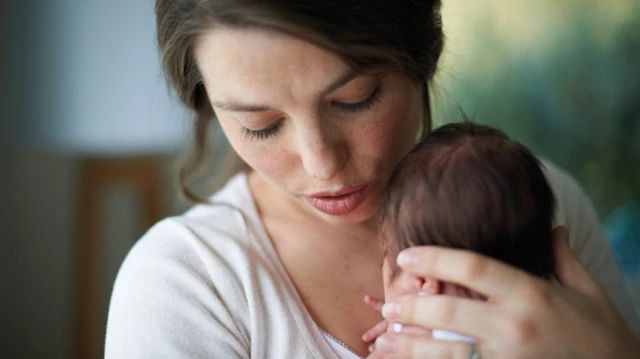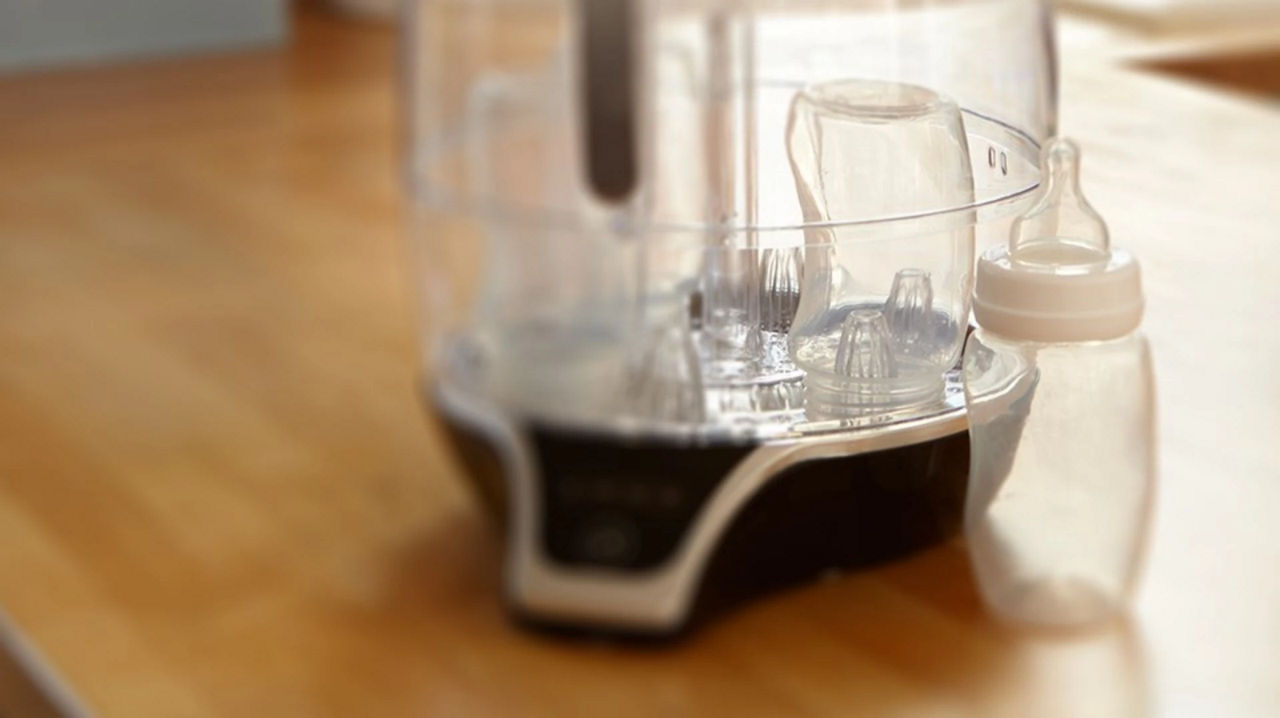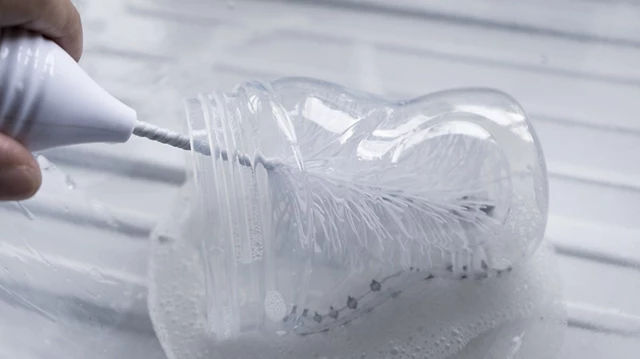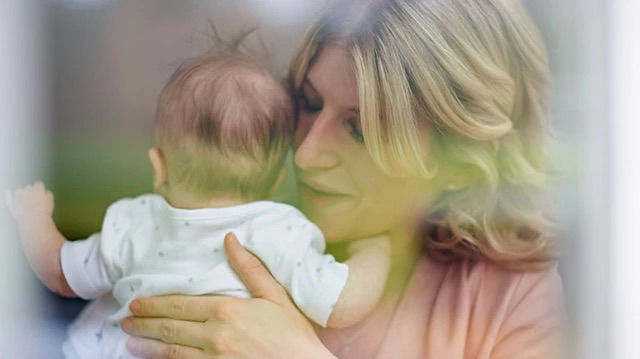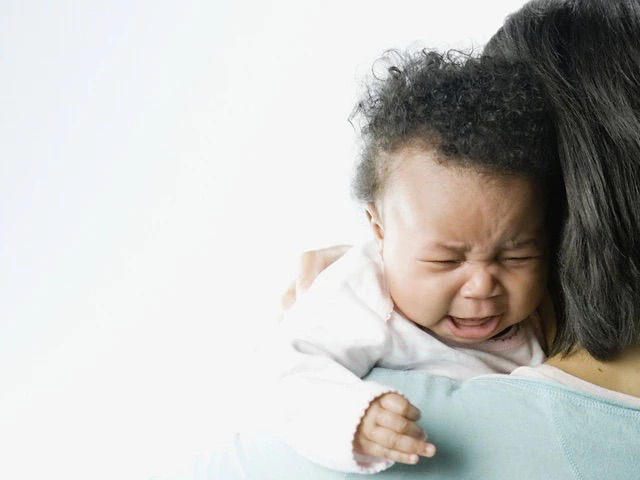Knowing how much to feed your baby can be difficult to gauge, especially in the early stages. From around the age of week two, they will need approximately 150-200ml per kilogram of bodyweight per day up to the age of six months1. A guide to the quantity and frequency of feeds is shown in our baby feeding chart. Generally, from the age of 2 weeks to 6 months you can expect your bottlefeeding routine to consist of around 5 or 6 feeds a day.
How much and how often to bottlefeed
Get the scoop
A guide to quantity and frequency of feeds
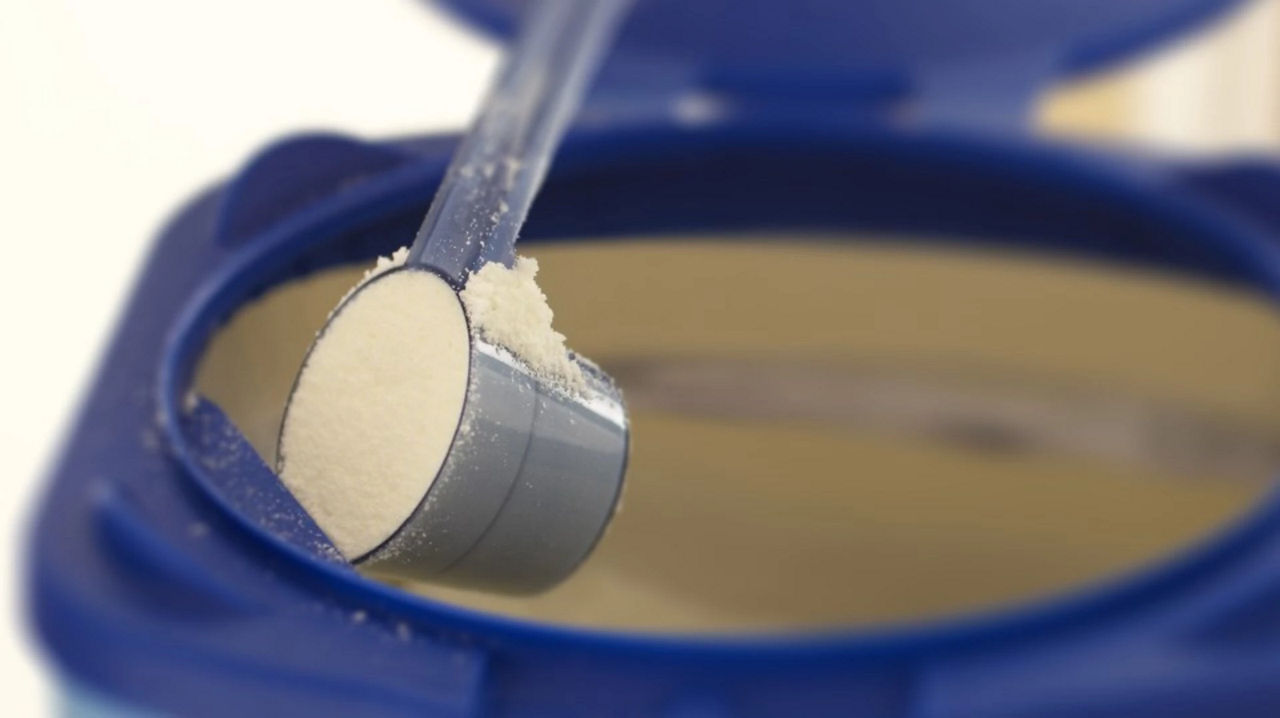
Every baby is different and their appetites vary massively1. The table below provides a general guide to how often and how much you should feed your baby, relative to their age.
Your baby’s feeding habits may not match these guidelines precisely, and rarely will they wake exactly three hours after the previous feed is finished. As long as they are feeding well and gaining weight normally, they are probably getting the amount they need.
If your baby is premature or of a low birth weight, their feeding requirements will be different2. Your midwife will be able to advise you about your baby’s unique needs.
Feeding guide 0–12 months
Your baby may need more or less than the amounts shown in the table below – this is simply a guide. Never leave your baby alone during feeding.
| Approx. age | Approx .weight | No. of level scoops per feed (1 scoop = 4.6g) | Quantity of water / feed | No. of feeds per 24 hours | ||
|---|---|---|---|---|---|---|
| kg | lb | ml | fl | |||
| Up to 2 weeks | 3.5 | 7 3/4 | 3 | 90 | 3 | 6 |
| 2-4 weeks | 3.9 | 8.5 | 4 | 120 | 4 | 5 |
| 4-8 weeks | 4.7 | 10.5 | 5 | 150 | 5 | 5 |
| 8-12 weeks | 5.4 | 12 | 6 | 180 | 6 | 5 |
| 3-4 months | 6.2 | 13 3/4 | 6 | 180 | 6 | 5 |
| 4-5 months | 6.9 | 15 1/4 | 7 | 210 | 7 | 5 |
| 5-6 months | 7.6 | 16 3/4 | 7 | 210 | 7 | 5 |
| 7-12 months | - | - | 7 | 210 | 7 | 3 |
Important
To ensure your baby’s milk is mixed to the right proportions, always use the scoop provided. Please note, the colour of the scoop may change from time to time.
When should I feed my baby?
Feeds should be timed from the moment they start. In the early days, feeding can take as long as an hour and they’ll need around 6 feeds per day (depending on the age). Once your baby becomes more efficient at feeding, they’re likely to get quicker.
To measure the time between feeds, start from the beginning of one feed until the beginning of the next. For example, if you begin feeding your baby at 11am, then you would probably expect them to be hungry again at about 2pm.
Related articles

Get in touch with our Careline experts
Our nutritionists and feeding advisors are always on hand to talk about feeding your baby. So if you have a question, just get in touch
- NHS. Formula milk: common questions [Online]. 2019. Available at https://www.nhs.uk/conditions/baby/breastfeeding-and-bottle-feeding/bottle-feeding/formula-milk-questions/ [Accessed July 2021]
- Bliss. Nutrition for your baby [Online] 2021. Available at https://www.bliss.org.uk/parents/about-your-baby/feeding/nutrition-for-your-baby [Accessed July 2021]
Last reviewed: 28th July 2021
Reviewed by Oriana Hernandez Carrion

